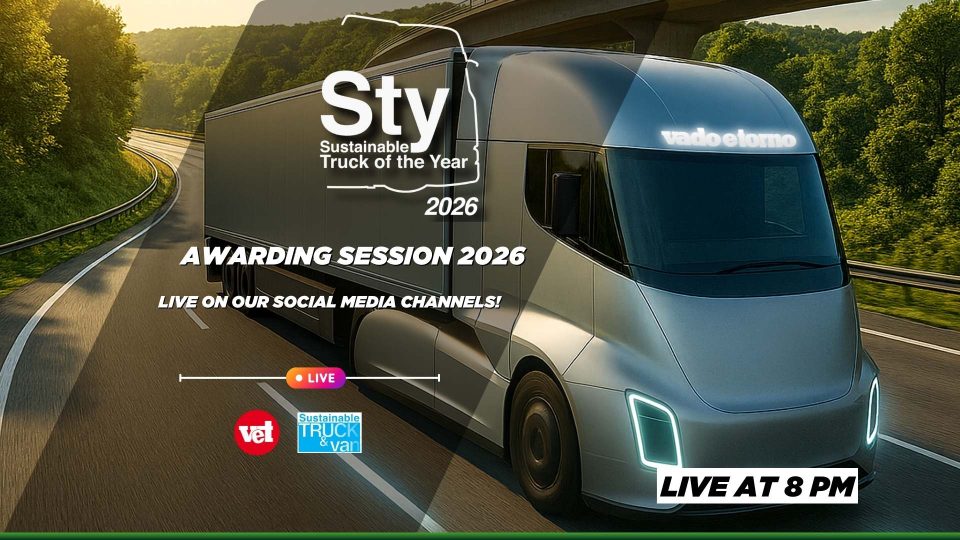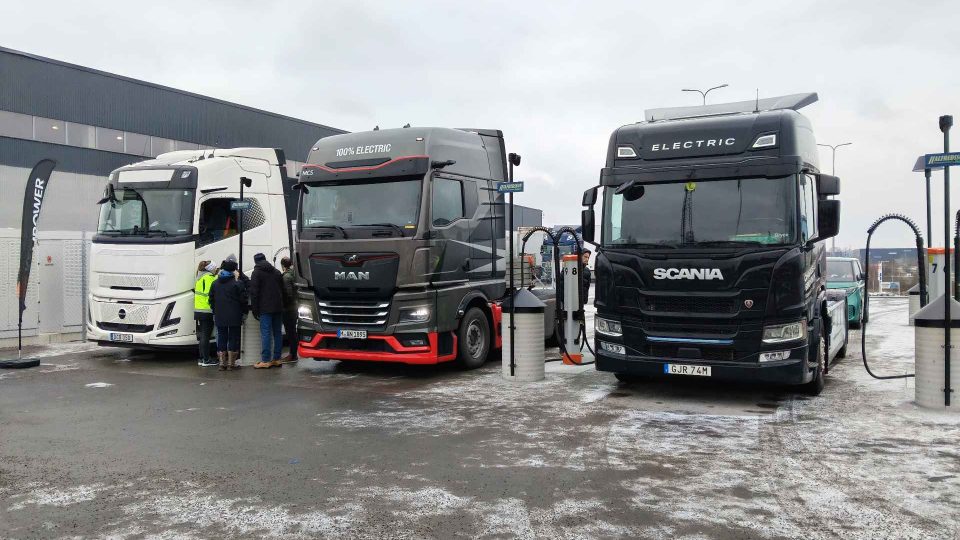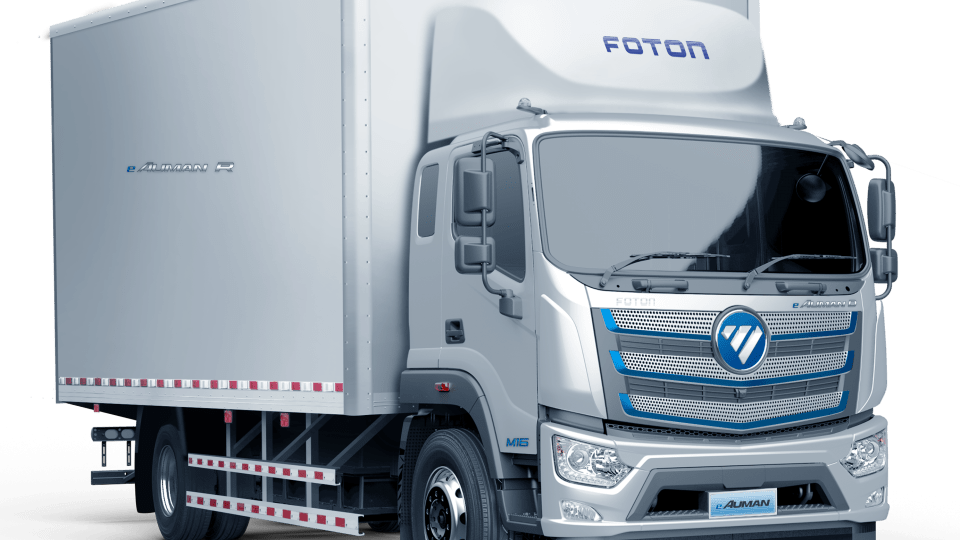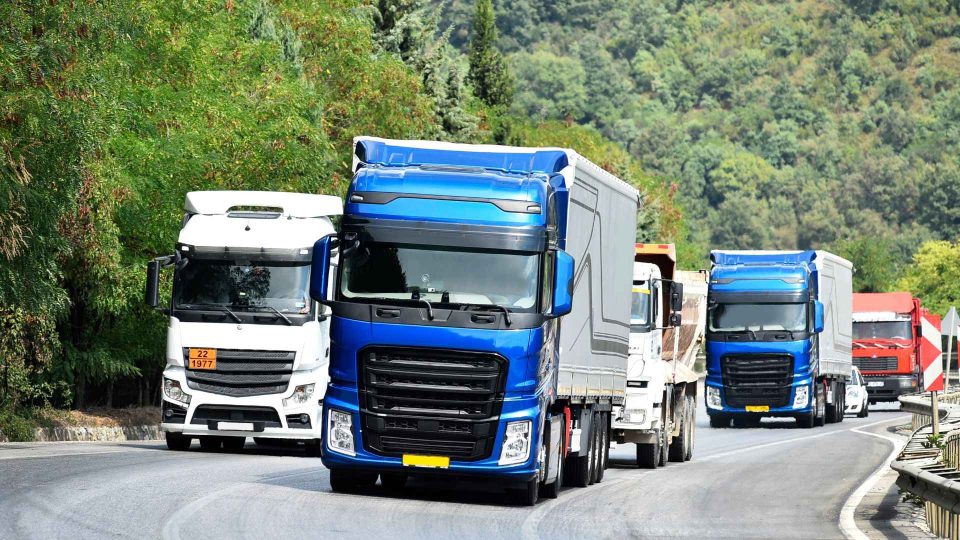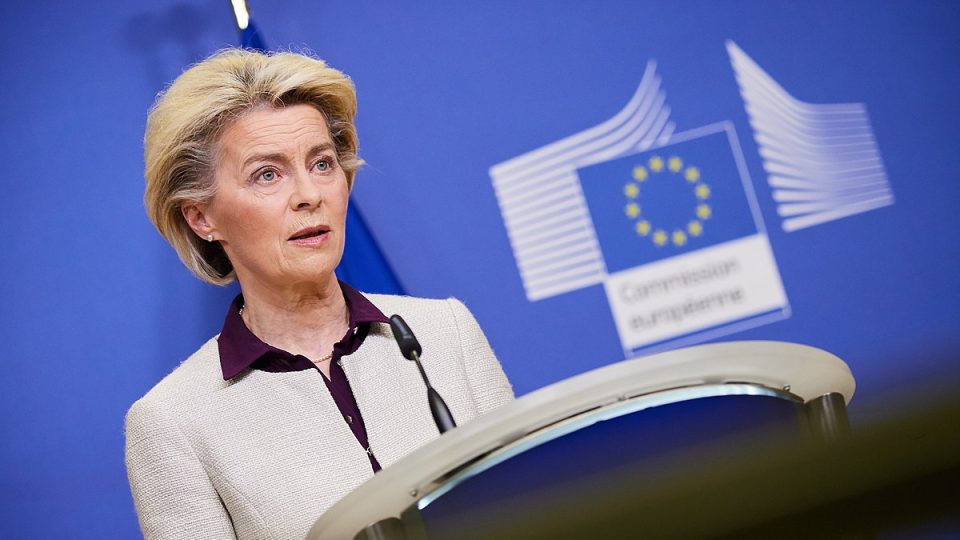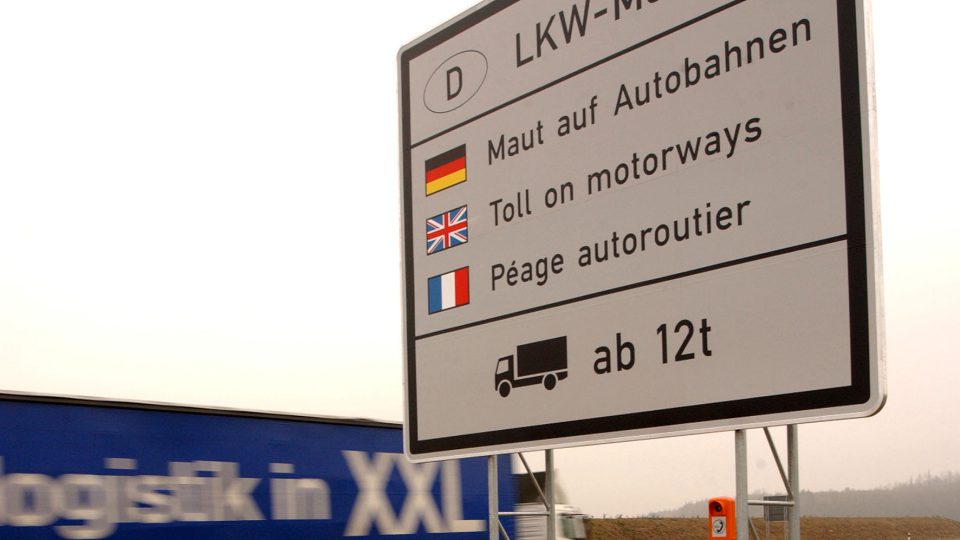CountEmissionsEU, the IRU welcomes new proposal coming from the EU Parliament
The CountEmissionsEU proposal aims to help the transport industry collect accurate, comparable emissions data and use it to further decarbonise operations. “The road transport sector needs robust tools to support decarbonisation effectively. CountEmissionsEU is a significant step forward, as it can harmonise reporting and introduce consistency, while considering a fair, long-awaited well-to-wheel approach”, said IRU EU Director Raluca Marian.
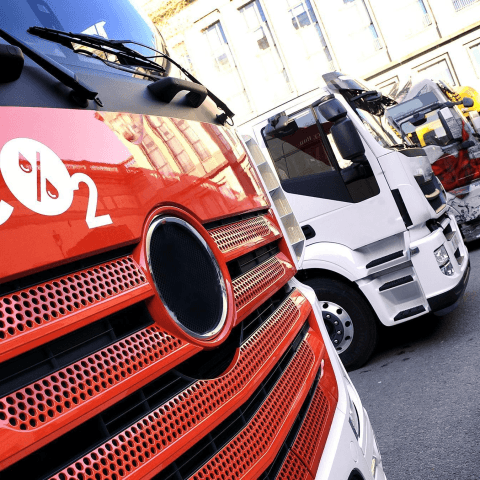
On December 4th, the European Parliament has advanced the CountEmissionsEU proposal, setting the stage for trilogue negotiations, recognising road transport needs, especially for SMEs. In an official note, the IRU (International Road transport Union) welcomed the proposal. Presented by the European Commission as part of the “Greening Freight Package”, the CountEmissionsEU proposal aims to help the transport industry collect accurate, comparable emissions data and use it to further decarbonise operations.
CountEmissionsEU: a new approach based on the features of transport companies
In particular, IRU is encouraged by the European Parliament’s acknowledgement of the commercial road transport sector’s unique characteristics, particularly the challenges faced by SMEs. In the EU, most road transport operators are SMEs: 89% of truck, 82% of bus and coach, and 99% of taxi operators have less than ten employees. Furthermore, by addressing the needs of SMEs, the regulation can bring about meaningful progress in decarbonisation while minimising administrative burdens for smaller operators.
“The road transport sector needs robust tools to support decarbonisation effectively. CountEmissionsEU is a significant step forward, as it can harmonise reporting and introduce consistency, while considering a fair, long-awaited well-to-wheel approach”, said IRU EU Director Raluca Marian. “We are grateful to the European Parliament for recognising the realities of small enterprises and the specific nature of road transport, which relies significantly on subcontracting. It is vital to ensure that this regulation also supports their journey towards a greener future”.


